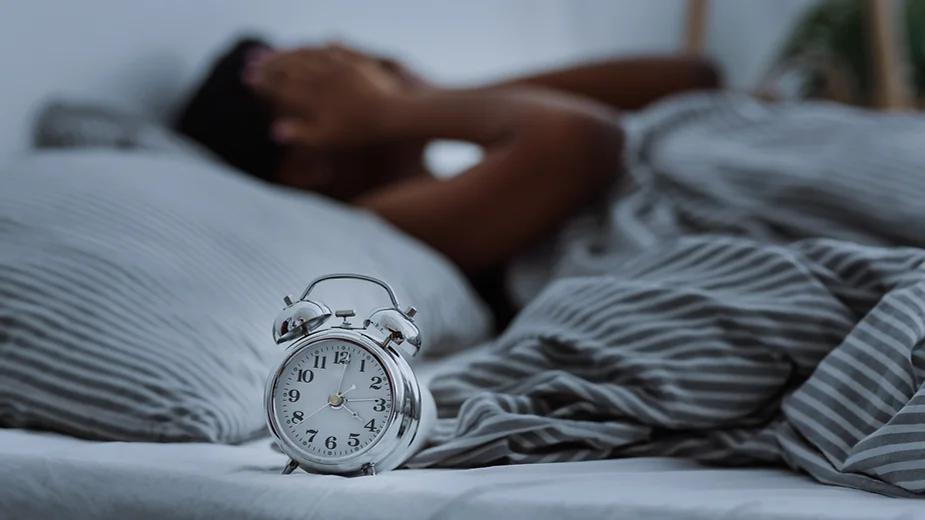
Sleep disorders are not uncommon, and while the causes of many of them aren’t exactly clear, what is clear is that difficulty sleeping can cause other health problems, over time. It isn’t just a matter of feeling a little sleepy or needing more energy, either – sleep disorders can cause very real disruptions in our sleep patterns, which are integral to both physical and mental health. Here are five facts about sleep disorders to help you understand them a little better.
There Are Dozens of Sleep Disorders
The total current number of recognized sleep disorders is over eighty, in fact, and these include the common ones such as insomnia, as well as a host of others you’re probably not familiar with. Each of these sleep disorders will fall into one of six classifications:
· Insomnia
· Sleep-related breathing disorders (sleep apnea, etc)
· Central disorders of hypersomnolence
· Circadian rhythm sleep-wake disorders
· Parasomnias
· Sleep-related movement disorders
Understanding the type you have by discussing it with your doctor is the only way to figure out the best treatment.
Sleep Deprivation is Bad for Your Health
We don’t just “need sleep,” we need it. Your body has to recharge as much as it needs to breathe and eat food. Sleep deprivation can cause a dangerous level of inability to function mentally, to such a degree that going without sleep for a week is considerably worse than going without food for a week. Don’t try either, but trust us – you must get your sleep.
Undiagnosed Sleep Disorders are Common
We often assume that our ordinary is how things are always going to be, when in fact, an undiagnosed sleep disorder can cause real problems with functioning in a normal way. When you’re used to dealing with the symptoms, you don’t always pay attention to them, but disregarding them could mean serious health consequences for your mind, heart, and immune system.
Women Are More Likely to Suffer from Sleep Disorders
Women have a forty percent greater risk to suffer from insomnia. The exact reason for this is not known, though it is thought to be linked to hormonal shifts. Being aware of menopause and other changes can help your doctor diagnose your sleep troubles.
Chronic Diseases are Related to Sleep Disorders
Among others, type 2 diabetes and depression are diseases clearly linked to insufficient sleep. People with insomnia are actually ten times more likely to suffer from depression than people who don’t, and they are seventeen times more likely to suffer from anxiety.
Summary
You should consult with a physician if you suffer from any sleep disorder, especially given the effect they are likely to have on your overall health. The solution could be as simple as changing your routines, or your diet, or taking a supplement to help you fall asleep easier. If it is something more involved, your physician can walk you through your situation to come up with the best treatment plan and may have you take a sleep study, depending on the potential disorder.
